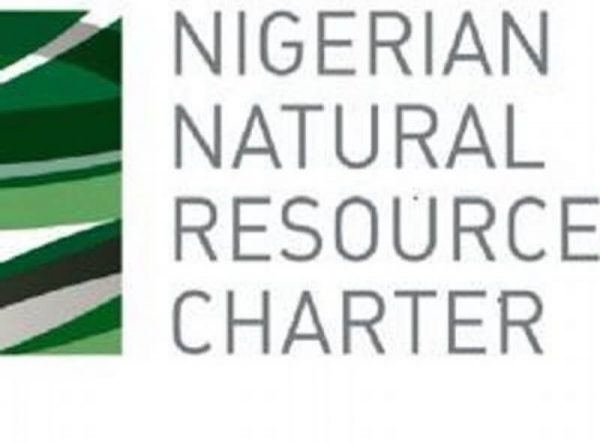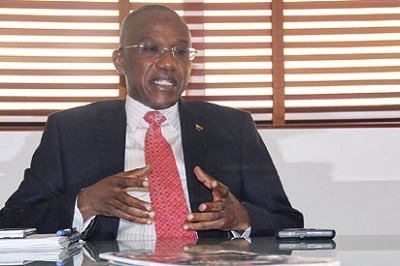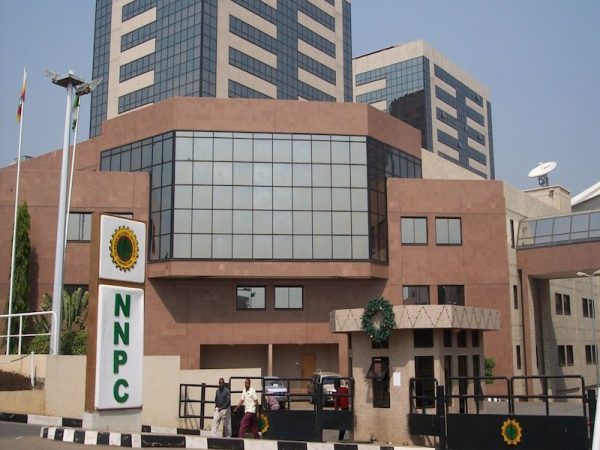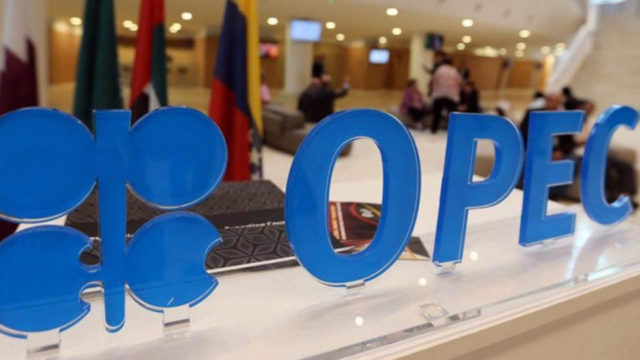NNRC: N1.3tn Unpaid Oil Proceeds from NNPC Can Fund a Third of 2018 Budget
 The Nigeria Natural Resource Charter (NNRC) on Monday said about N1.25 trillion allegedly held back by the Nigerian National Petroleum Corporation (NNPC) from the federation as revealed by several audit reports of the Nigeria Extractive Industries Transparency Initiative (NEITI), can fund a third of the recurrent expenditure in the country’s 2018 budget.
The Nigeria Natural Resource Charter (NNRC) on Monday said about N1.25 trillion allegedly held back by the Nigerian National Petroleum Corporation (NNPC) from the federation as revealed by several audit reports of the Nigeria Extractive Industries Transparency Initiative (NEITI), can fund a third of the recurrent expenditure in the country’s 2018 budget.
Speaking at a workshop it organised in Lagos with the NEITI on outstanding remediation issues in NEITI’s audit reports, the Chairman of NNRC’s Experts Advisory Panel, Mr. Odein Ajumogobia, explained that while about $7 billion is reported as unremitted oil proceeds to the federation by oil companies in the country, NNPC alone reportedly has not remitted N1.25 trillion.
He was represented by a former Minister of Education and Vice President at the World Bank, Mrs. Oby Ezekwesili, at the workshop, and his speech provided to THISDAY in Abuja by NNCR’s Programme Coordinator, Tengi George-Ikoli.
He said: “The importance of the NEITI audit reports cannot be overstated. Over the years, its reports have been at the core of ensuring transparency and accountability in petroleum resource management in Nigeria by identifying systemic delays and loss of revenues to the Nigerian treasury.
“For example, in 2014, it was reported that a value of $7 billion worth of outstanding payments were yet to be remitted to the federal government by the oil and gas industry, with both international oil companies and Nigeria’s national oil company; the NNPC being culpable.
“A huge amount estimated at over N1.25 trillion is deemed outstanding by NNPC alone. This alone can fund a third of the proposed recurrent expenditure in the 2018 budget.”
Ajumogobia explained that a significant proportion of the revenue losses reported in the NEITI audit reports have been carried over year on year, and report to report, thus indicating a lack of commitment to recovering them by the government.
He also noted that the reports were important and at the core of ensuring that Nigeria’s oil industry run on transparent and accountable processes.
“While the NEITI has continually provided vital data on revenues, volume and governance processes in the extractive sector, it is imperative to note that these efforts are continually being challenged by the lack of a comprehensive grasp of the concept of accountability by critical stakeholders such as the citizenry, civil society groups, and legislators who have oversight functions on the sector, to use such critical evidences to hold to account those who exercise power in trust for them and to make effective demand for a better society.
“What this means therefore is that our critical actors, especially citizens and civic groups, must therefore come to the realisation that they have to adequately understand their roles and play their parts in this sector.
“It is for this reason, that I commend efforts by organisations such the NNRC in continuing to put topic issues and meetings such as todays on the front burner,” he added.
Further, Ajumogobia, stated: “The 2013 and 2014 NEITI reports revealed and identified several processes and governance lapses in the oil and gas sector as well as recommendations on how to fix the problems in the sector.
“If Nigeria is to reap the expected benefits of the Extractive Industries Transparency Initiative (EITI) process, then the NEITI reports must attract the needed implementation backing. Except and until remedial issues in the NEITI reports are addressed, widely disseminated and used to hold government and companies accountable, the public demand for impact will continue to be an illusion.
“In addition, without full implementation of the remedial issues, it will be difficult to achieve our desire for a dynamic and result oriented extractive industry.”








